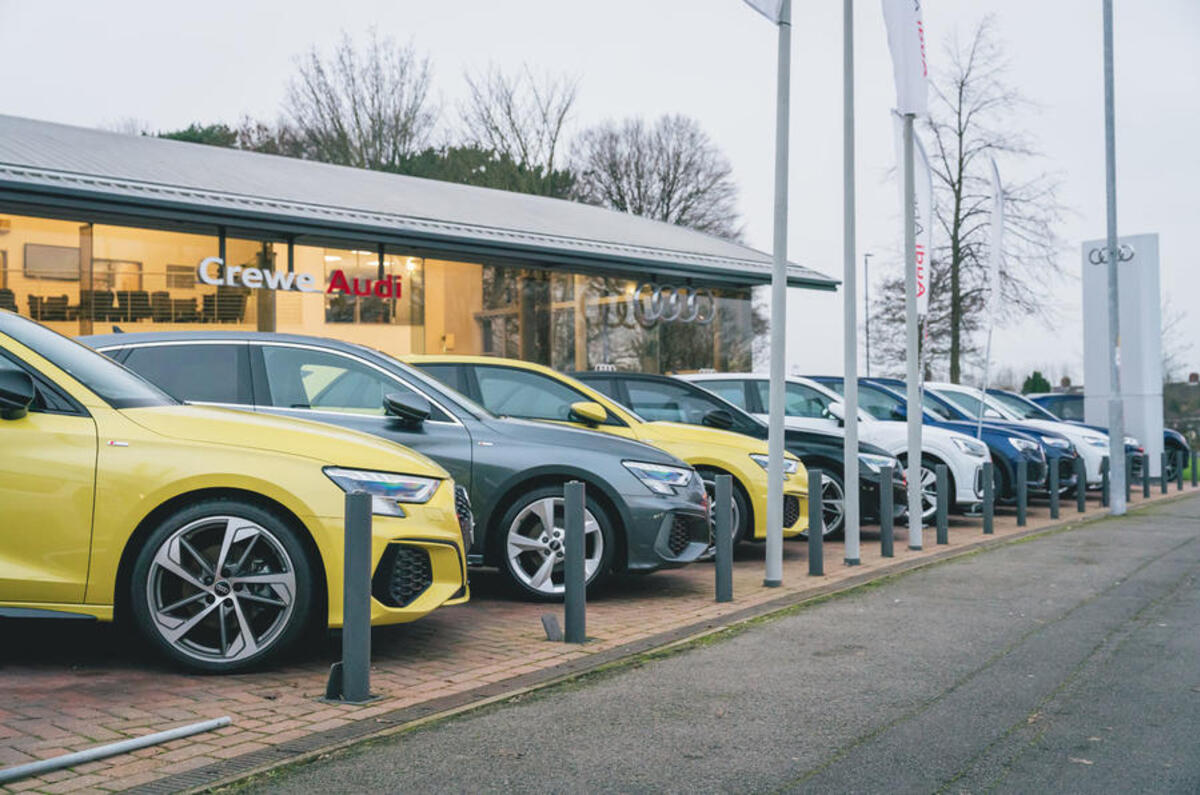Dealers are facing a profit-margin squeeze from the double whammy of the transition to EVs threatening their lucrative aftersales business and a legal clampdown curtailing profitable commissions for selling finance and insurance (F&I).
Dealers rely on both aftersales and F&I to generate income to supplement the much lower-margin business of actually selling new cars.




Add your comment